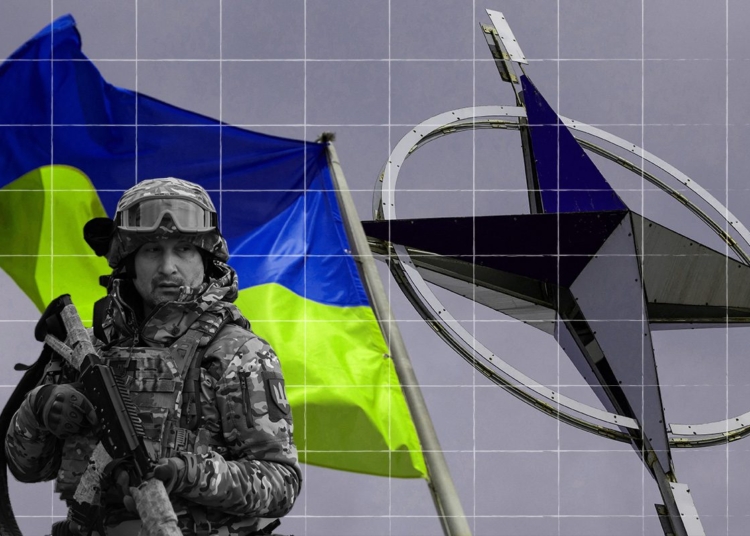Germany has been a key player in NATO since its formation in 1949. With a strong military presence and diplomatic engagement, Germany plays a crucial role in shaping and maintaining European security. As one of the largest contributors to NATO’s military capabilities, Germany participates in various missions and exercises to ensure the alliance’s effectiveness. Additionally, Germany’s diplomatic efforts help bridge the gap between member states and address emerging security challenges. As a founding member of NATO, Germany remains committed to promoting peace and stability in Europe and upholding the values of democracy, freedom, and security.
The Role of Germany in NATO: A Key Player in European Security
Introduction
NATO, the North Atlantic Treaty Organization, was formed in 1949 as a collective defense alliance, with the goal of safeguarding the freedom and security of its member states. Germany, as one of the founding members of NATO, has played a crucial role in shaping and maintaining the security architecture of Europe. With its strategic location at the heart of the continent, Germany serves as a key player in the alliance, contributing both militarily and diplomatically to safeguarding peace and security in Europe.
Germany’s Military Contribution
Germany is one of the largest contributors to NATO’s military capabilities, with one of the most advanced armed forces in Europe. The German Bundeswehr plays a key role in NATO operations, contributing troops, equipment, and resources to various missions and exercises. Germany has also taken significant steps to modernize and strengthen its military capabilities, in line with NATO’s objectives.
Germany’s military contributions to NATO include participation in various missions and operations, such as the Resolute Support Mission in Afghanistan, the Enhanced Forward Presence in Eastern Europe, and maritime security operations in the Mediterranean Sea. Germany also plays a key role in NATO’s nuclear sharing arrangement, hosting US nuclear weapons on its territory as part of the alliance’s deterrence strategy.
Germany’s Diplomatic Engagement
Germany also plays a crucial role in NATO’s diplomatic efforts, using its influence and expertise to shape the alliance’s policies and initiatives. As one of the largest and most influential countries in Europe, Germany plays a key role in bridging the gap between NATO’s diverse member states and ensuring consensus on key security issues.
Germany has been actively involved in NATO’s efforts to strengthen transatlantic relations, enhance partnerships with other international organizations, and address emerging security challenges, such as cyber threats, hybrid warfare, and terrorism. Germany’s diplomatic engagement within NATO helps to promote unity and cohesion among member states, ensuring that the alliance remains strong and effective in the face of evolving security threats.
Conclusion
In conclusion, Germany plays a critical role in NATO as a key player in European security. Through its military contributions, diplomatic engagement, and commitment to the alliance’s objectives, Germany helps to safeguard the freedom and security of its member states, and promote peace and stability in Europe. As a founding member of NATO, Germany remains a vital and indispensable partner in the alliance’s efforts to address contemporary security challenges and uphold the values of democracy, freedom, and security.













